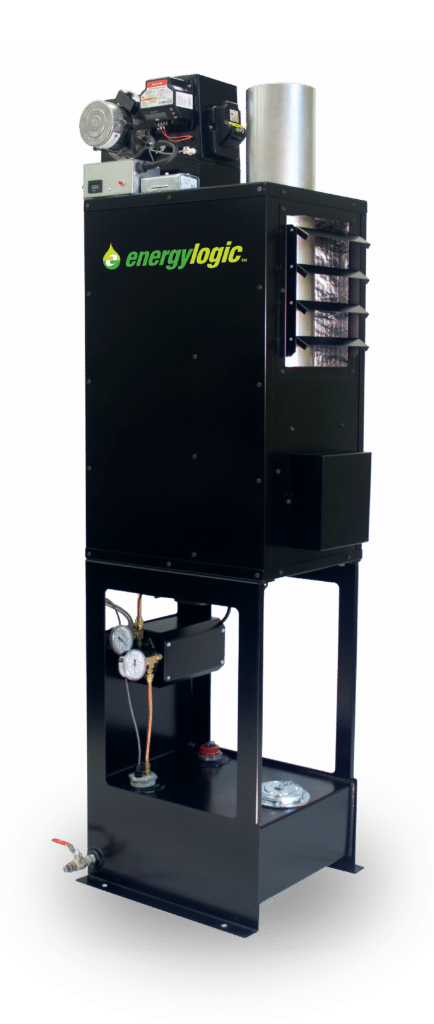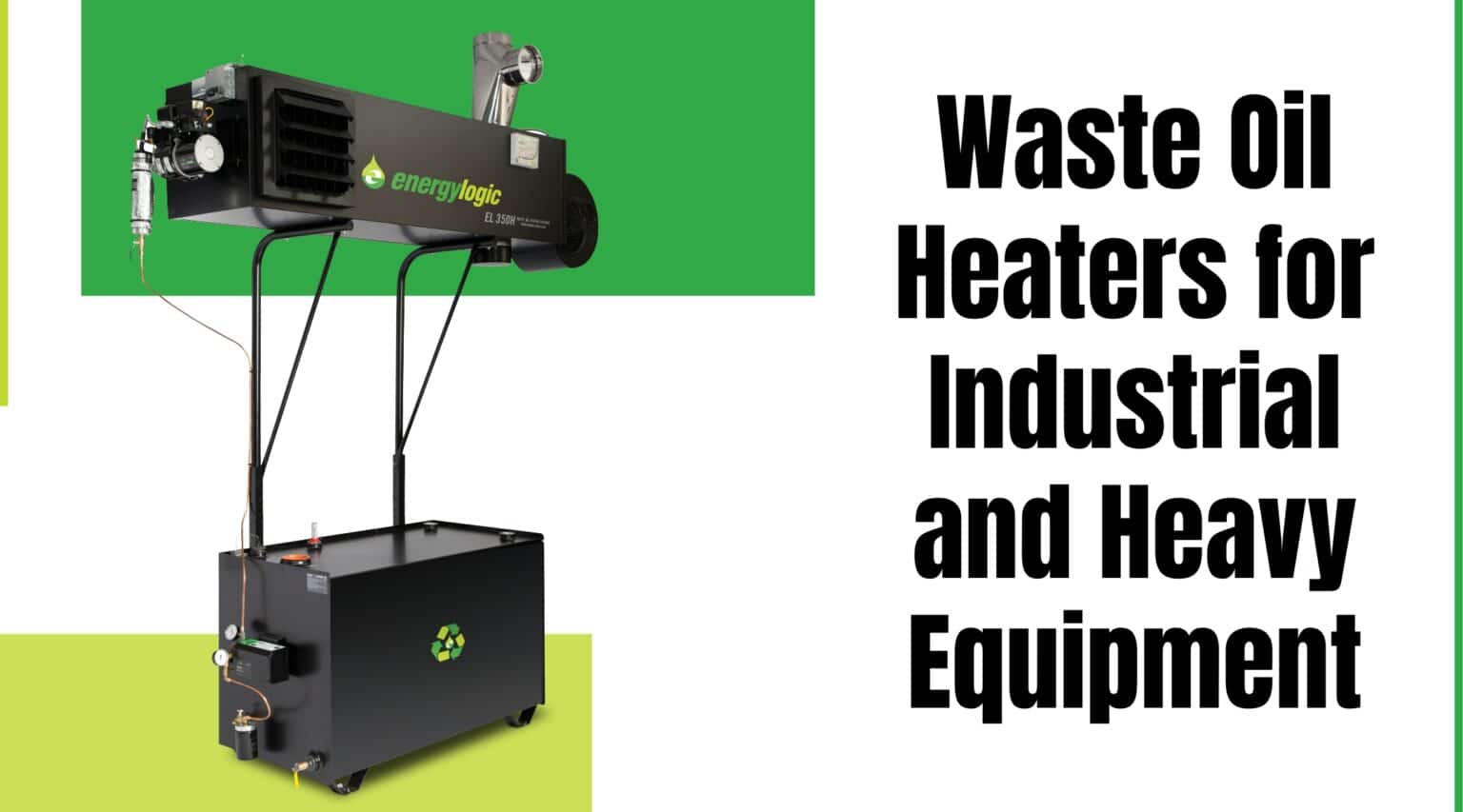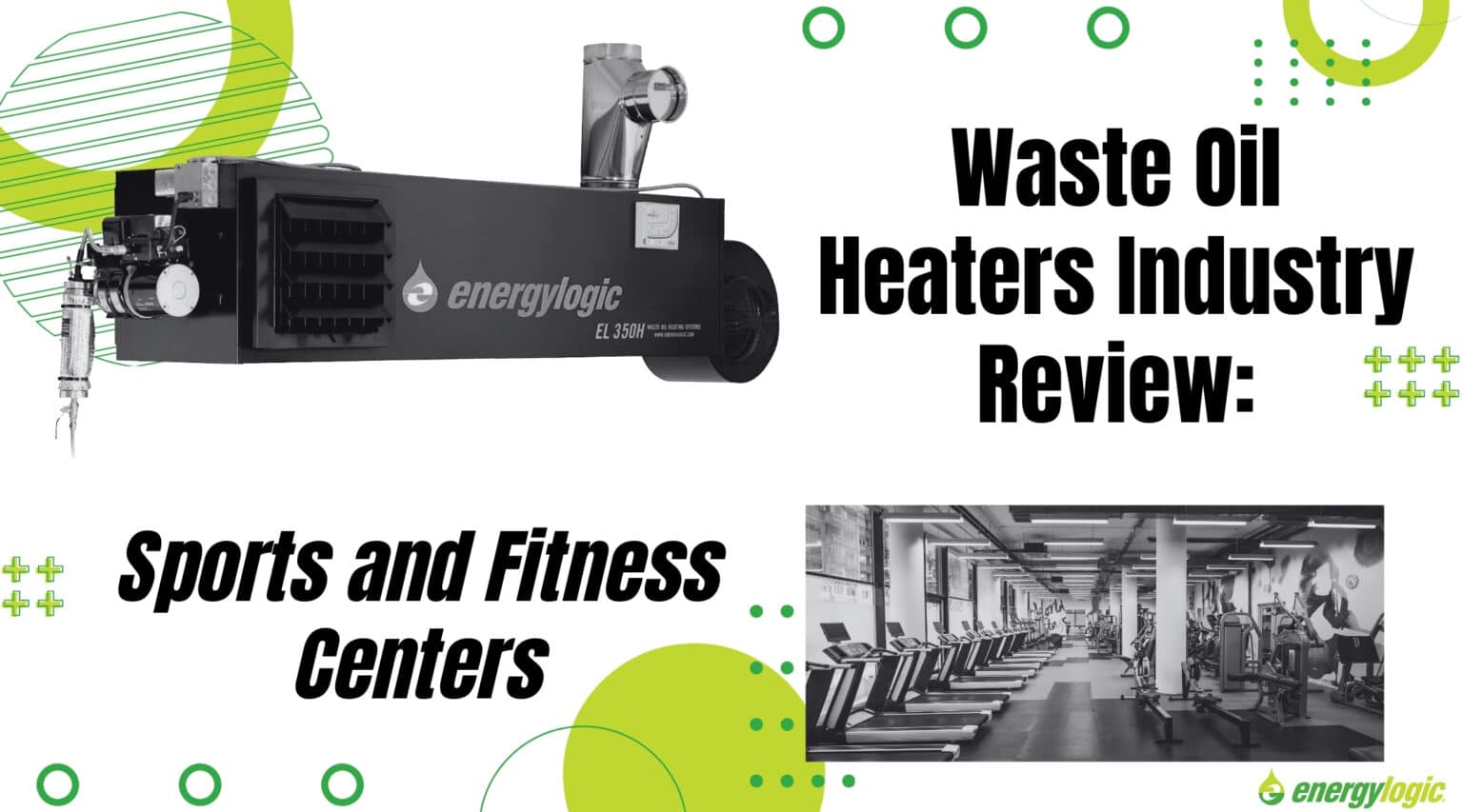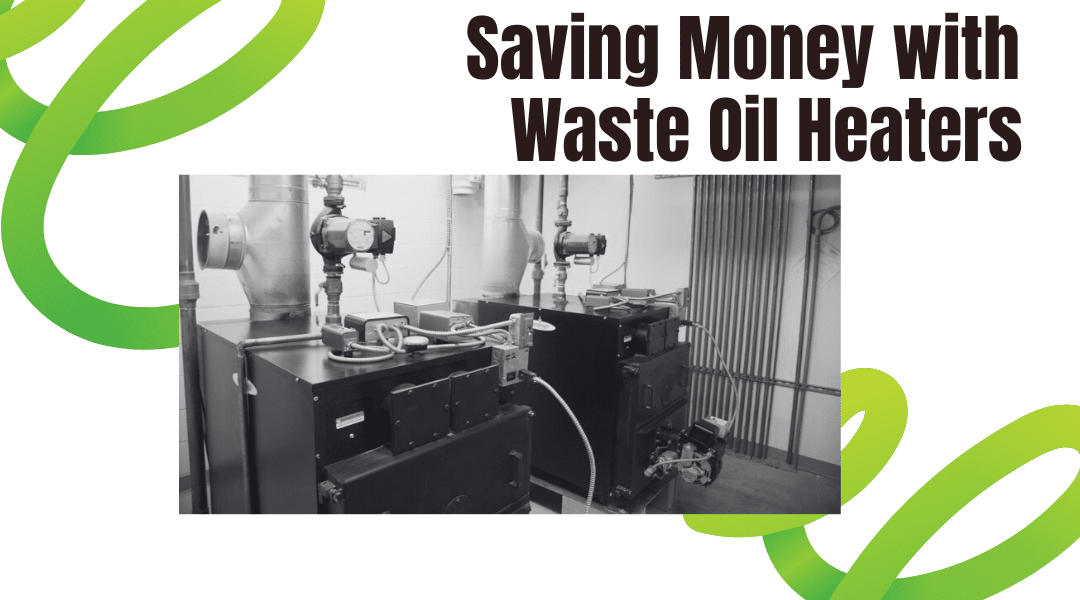Waste-oil combustion is an environmentally friendly, energy-efficient, and money-saving way to power your boiler, space heater, or furnace. At the heart of waste-oil combustion technology is the heat exchanger. The heat exchanger transfers energy from the oil into heat, making it crucial for cooling and heating purposes. Additionally, the heat exchanger is the component that most affects the safety and performance of your unit. Therefore, it is an important piece to optimize. One option is a stainless steel heat exchanger, which offers a range of benefits compared to other materials.

Higher Product Quality
Stainless steel is one of the toughest and most durable materials in the world. It is better equipped for handling high temperatures and resisting corrosion than aluminum, iron, or steel alloys. For one, stainless steel heat exchangers have 10.5% more chromium than alloys. Thus, it is incredibly resistant to corrosion and rust – two common problems with boilers, heaters, and furnaces.

Stainless steel also offers quality in terms of thermal conductivity. Thermal conductivity is the measure of how well a unit can transfer heat. The higher the thermal conductivity, the better the unit performs. While aluminum’s thermal conductivity is greater than any kind of steel, aluminum will corrode and warp over time. On the other hand, stainless steel will never lose its shape or ability to conduct heat.
Manufacturers of stainless steel heat conductors overcome the problem of lower thermal conductivity by making the walls of the component thinner. Thinning the walls maximizes heat exchange while retaining the lasting strength of the original material. Thinner, more durable stainless steel heat exchangers offer better performance than even galvanized steel. The high tensile strength of stainless steel means it can withstand high pressures despite thin walls – something other metals cannot manage.
Better Reliability
The properties and capabilities of stainless steel give it a lasting reliability that’s impossible with heat exchangers made from other materials. Temperature tolerance and corrosion resistance are two major factors for waste-oil combustion. The reason is that traces of sulfur cannot mix with water condensation anywhere within the chimneystack if you want optimal performance. Stainless steel heat exchangers are best in class for both these factors, beating out the competition by a long shot.
Stainless steel heat exchangers carry a lifetime warranty. By comparison, copper alloy heat exchangers have warranties of just 5 to 10 years. Aluminum ones may have warranties of up to 15 years. Manufacturers offer lifetime warranties on stainless steel heat exchangers because they’re confident the units will last for life. Stainless steel won’t crack under pressure as other materials do – important for performance and longevity, but also for personal safety. A cracked heat exchanger can release deadly carbon monoxide gas into your home or business. Stainless steel protects your investment and your family or employees.

Lifetime Returns on Investment
Claims of the higher cost of stainless steel compared with carbon steel are off base. While the initial price of a stainless steel heat exchanger will be more than other materials, the long-term return on investment is much higher. To begin with, stainless steel offers better durability and a part that lasts a lifetime. Therefore the buyer saves hundreds of dollars on replacement heat exchangers every 5 to 15 years. Additionally, a heater that stays cleaner and rust-free longer is lower maintenance, saving additional dollars on recurring repair costs.
Furthermore, stainless steel heat exchangers in waste-oil combustion systems offer higher performance. They enable a sustainable heating device that produces a clean, high-quality product with minimum energy expenditure. Thin stainless steel exchangers conduct heat faster than carbon steel materials, saving energy and requiring less oil to burn.

Overall, the higher temperature tolerance and better corrosion resistance of stainless steel guarantees better product quality, reliability, and lifetime performance – reducing costs over time.
Your Source for Stainless Steel Heat Exchangers
EnergyLogic offers excellent deals on stainless steel heat exchangers for equipment dealers, service providers, dealerships, and garages. We can help you maximize the returns from your waste-oil combustion furnace, heater, or boiler. A stainless steel heat exchanger gives you higher energy efficiency, clean-burning heat, and reliability you can trust for a lifetime.
Contact us today via online chat, quotes, and questions form, or at (800) 311-8828 for more information about stainless steel heat exchangers.
Sources:
http://www.interstateac.com/blog_direct_link.cfm/blog_id/50464
https://energylogic.box.com/s/szqpr1aam5u0oj2mkg5jmpkrbmonb01w




